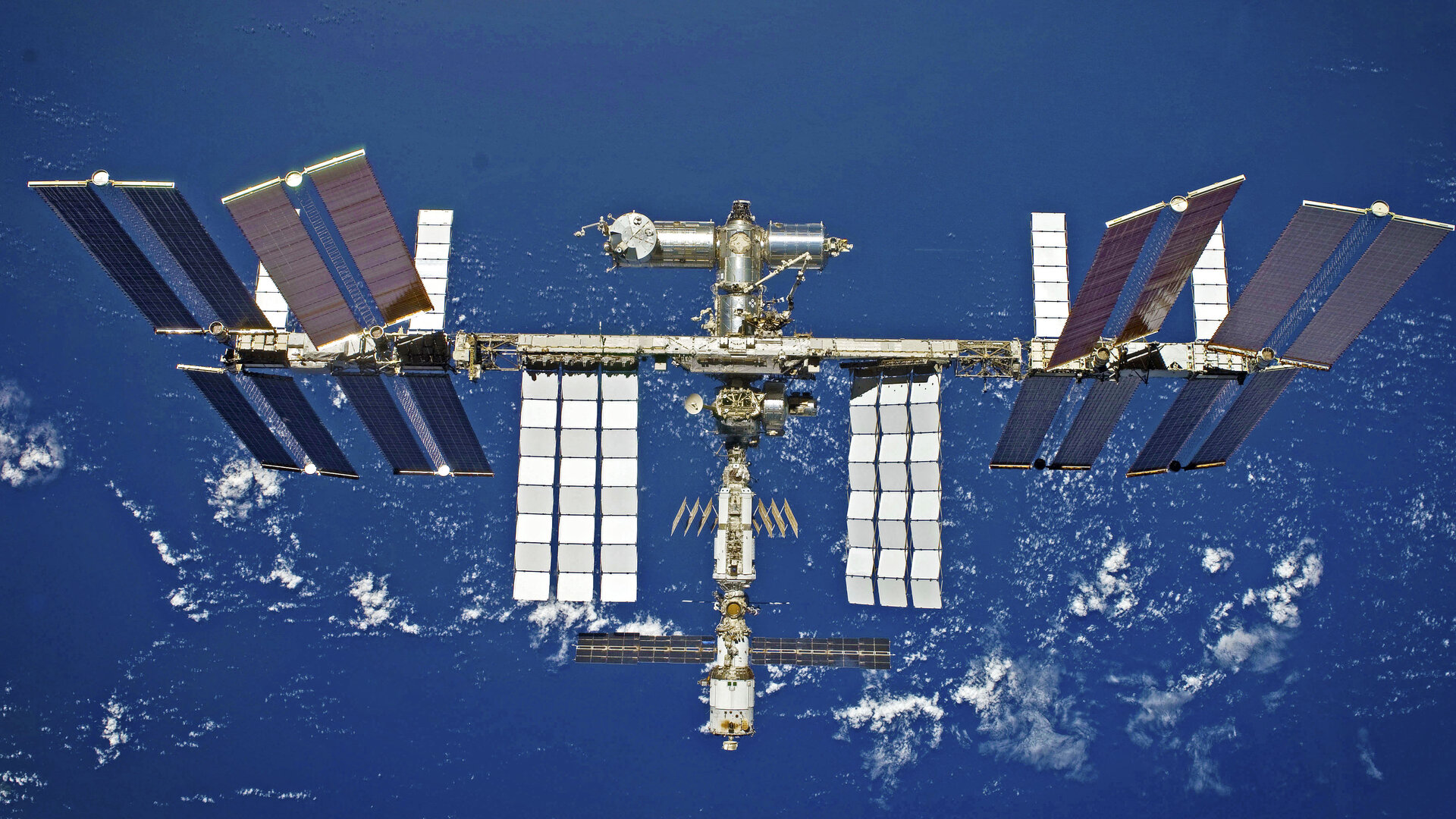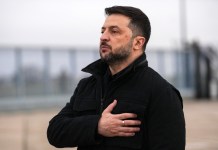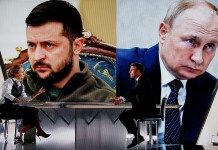At a time when the United States and Russia remain at loggerheads in space, former astronaut Frank Culbertson who worked at the US-Russia Shuttle-Mir project, has said in an interview that working together in space could improve ties between the two rival countries.
More interestingly, the astronaut spoke to Sputnik about the fun times spent working with Russian colleagues during the historical Shuttle-Mir program when things were not so bad. He noted how drastically US-Russia relations have changed in the past year following the Russian invasion of Ukraine.
A joint space program between Russia and the United States, the Shuttle-Mir program involved three things: American Space Shuttles visiting the Russian space station Mir, Russian astronauts traveling on the shuttle, and an American astronaut traveling on a Soyuz spacecraft to take part in extended expeditions aboard Mir.
The goal of the project, sometimes referred to as “Phase One,” was to foster cooperation between the US National Aeronautics and Space Administration (NASA) and the Russian Federal Space Agency (Roscosmos) as well as to allow the US to learn from Russian experience with long-duration spaceflight.
Later, the collaborative project’s “Phase Two”—the building of the International Space Station (ISS)—helped to pave the path for future cooperative space endeavors for both the superpowers.
Ironically, the recent interview comes almost a year after Moscow announced that it would withdraw from the International Space Station (ISS) following the international sanctions imposed on it for its invasion of Ukraine. The country is also working on its own space station, which will take a while to become operational.
Moreover, there have been only some occasions in the past few years where the two countries have gotten along, which makes Culbertson’s interview even more intriguing. For instance, last summer, a NASA astronaut revealed that tensions were rising with Russian astronauts aboard the ISS.

In an interview with The Washington Times, NASA astronaut Mark Vande Hei said he would “poke holes” in the astronauts’ “logic,” implying that they would occasionally argue on international affairs.
These tensions were said to result from the Russian invasion of Ukraine on February 24, which often triggered heated debates between the astronauts of the two opposing sides aboard the ISS. The bickering continued even when astronauts from both sides sat together to watch films, with US astronauts often forced to acknowledge that Hollywood has traditionally distorted Russia’s image.
The interview given by Culbertson is a stark departure from the rivalry on display between the two sides, especially in space. Diving into the past, Culbertson, who has made three space journeys and spent more than 146 days in orbit, revealed that he still has friends in Russia and that his interactions with his Russian coworkers are among his fondest recollections.
“I’m on a committee to review the safety of the space station periodically with the Russians and General Tom Stafford. We get to communicate occasionally, which to me is very good,” he said. Culbertson also expressed hope that the cooperation between the two countries on space will continue.
Culbertson had a few amusing incidents involving his work with Russian colleagues, such as an awkward situation during the Shuttle-Mir program conference when the two teams had differing definitions for “patch.”
The ‘Patch’ Between Russian & US Astronauts
Culbertson told Sputnik, “When I was helping manage the Shuttle-Mir program, which was a predecessor to the space station, we were having a meeting with the Russian team and our team, it was an early meeting, and we were talking about all kinds of things that we had to have for the program.”
He says, “The Americans started talking about how we have to decide on a patch for the program.”
Culbertson noted that they were communicating through an interpreter and recalled that the Russian crew appeared to be really bewildered and concerned about why they were worrying about a patch.
He elaborated that the US crew was trying to talk about how they needed a patch to bring the team together and was confused about what could be wrong with that. “I knew enough Russian. I was listening to the interpreter, and instead of an ’emblem,’ they were talking about a patch on the spacecraft for a leak. And so we were talking about two different things,” he elaborated.
“And that would happen every once in a while. But we laughed about it later, of course,” he added. “It tells you how important the interpreter’s work to both sides is to ensure we had exactly the right term.”

Culbertson and Vladimir Dezhurov experienced another amusing incident while performing a spacewalk.
“I was trying to attach some cables to the outside of the space station. Vladimir was trying to stabilize me by holding the top of my spacesuit, and the people on the ground were listening,” he said. “We were talking a little bit in English and Russian, and they had interpreters. At one point, I said (in Russian), ‘Vladimir, please hold me closer,'” He said, ‘Sure, Frank.'”
“I just meant closer to the spacecraft. Particularly, the women on my team thought that was funny,” he added.
When asked if working with Russians had dispelled any negative misconceptions about them, such as the belief that they drink a lot of vodkas, Culbertson said he had taken a little Russian language instruction and read extensively about the Russian culture before he joined the collaborative space program.
Additionally, Culbertson told Sputnik that Yuri Gagarin’s journey profoundly impacted him and motivated everyone to get to space. Gagarin was the ex-Soviet astronaut who became the first human to journey into outer space. Culbertson said that he remembers when Gagarin flew very well.
“Yuri was an amazing person,” he added. “I remember seeing his pictures and hearing all the stories, and when I started training in Russia, I learned even more about him and his past.”
The former astronaut was all praise for his Russian peers. He emphasized that “They want to live good lives. They’re generous people. Yes, they have vodka. But we have a beer. They’re just good people and hard workers, and they put up with a lot and have dealt with problems over the years, and I have a lot of respect for them for that.”
In response to whether he thinks the two nations’ relationship and space cooperation will survive the current hostilities, Culbertson replied, “We are trying.”
- Contact the author at sakshi.tiwari9555 (at) gmail.com
- Follow EurAsian Times on Google News




